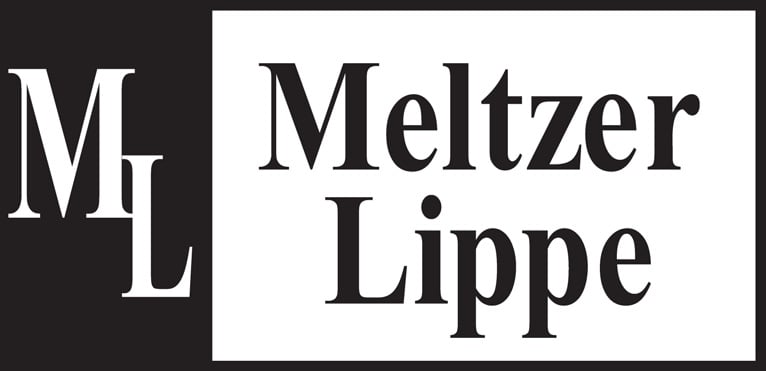Gerald C. Waters, Jr. was interviewed by Jamie Herzlich | Newsday June 23, 2021
How far can an employer go to mandate or encourage its employees to get vaccinated against COVID-19? Federal guidelines leave some room for interpretation and discretion, especially when employee objections are based on religion or an individual’s disability.
Recently updated guidance from the U.S. Equal Employment Opportunity Commission (EEOC) said such requirements would not run afoul of existing federal discrimination laws as long as reasonable accommodations are provided where necessary such as for disability and religious beliefs. Employers can also offer incentives to encourage employees to get vaccinated, says the guidance.
Employer rights to mandate vaccinations have already been resisted on legal grounds. “Employees have already filed legal challenges based on the fact that the vaccines currently are only distributed under Emergency Use Authorization (EUA),” says Gerald C. Waters, Jr., a partner at Meltzer, Lippe, Goldstein & Breitstone, LLP in Mineola.
A federal court in Texas on June 12 dismissed a challenge from employees at Houston Methodist Hospital who faced suspension and ultimately termination for refusing the shots. The employees said they would appeal.
The EUA was enough to get hundreds of millions of doses into Americans’ arms to curtail the virus’ spread after official reviews declared the vaccines highly safe and effective. But it is short of a final Food and Drug Administration approval.
The EEOC guidance noted “it is beyond the EEOC’s jurisdiction to discuss the legal implications of EUA or the FDA approach.” The EEOC guidance focused simply on whether mandating vaccination conflicts with federal civil rights/equal employment opportunity laws like the Americans with Disabilities Act and Title VII of the Civil Rights Act, said Waters.
